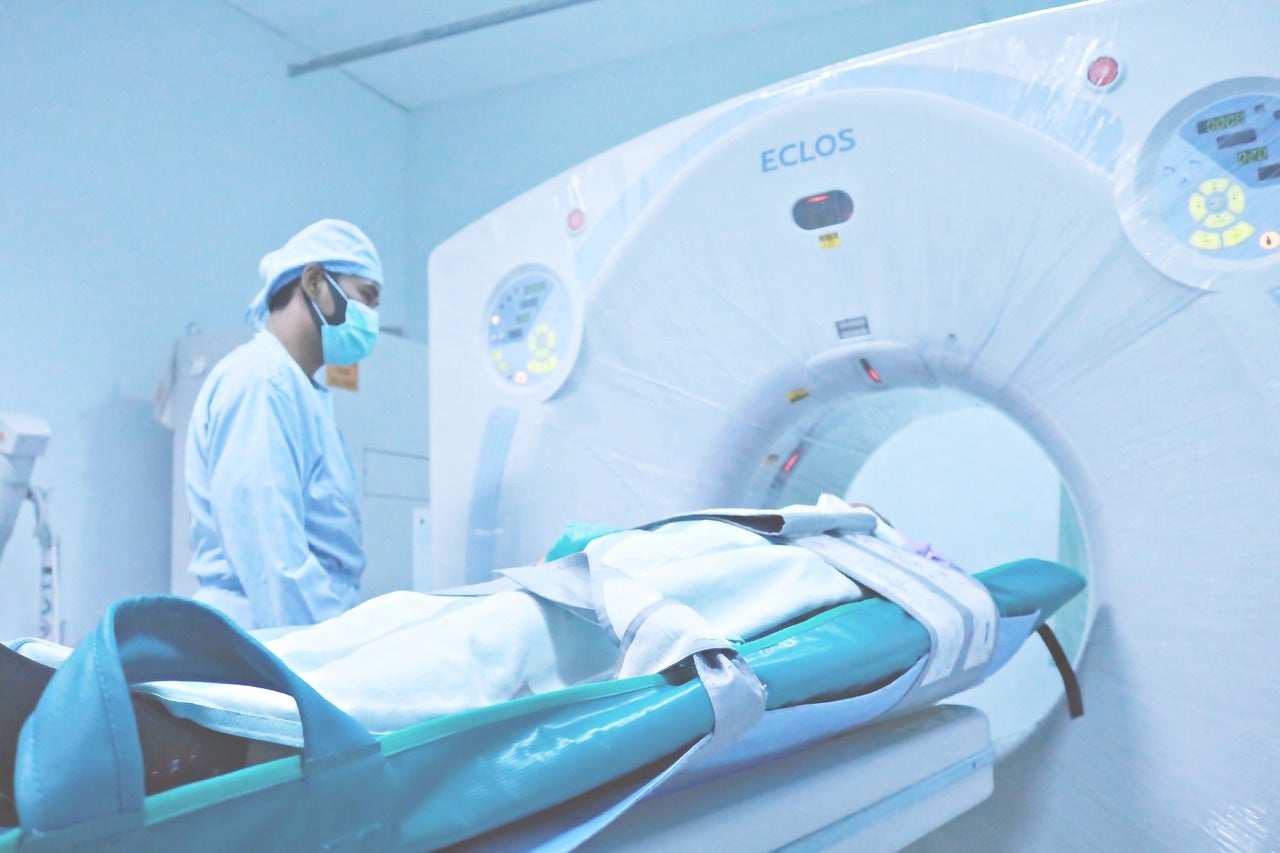August 12, 2014
When doctors look at your blood vessels with an imaging test, they may need to inject a dye. Contrast dye is used for many procedures such as a CT scan with contrast or coronary or heart x-ray (angiogram). It helps doctors to see the exact site of blocked blood vessels and also to see certain problems with organs more clearly. This is very useful for diagnosis, since the blockages in blood vessels can be hard to see without the dye. Doctors also use contrast dye during other blood vessel procedures so they can see the blood vessels they are treating.
But, sometimes the dye can cause serious problems in the kidneys. This is known as “contrast induced nephropathy (CIN).” About 1% to 3% of people who receive these special dyes develop changes in their kidney function. Anyone can get CIN, but those at the greatest risk have CKD. Additional risk factors are diabetes (particularly in those who have CKD), the elderly, and chronic heart failure.
CIN is a rare complication and may be preventable. There are several ways to reduce the potential for damage during procedures in which contrast dyes are used.
Before the Procedure
- Ask to have a measure of your kidney function. Your kidneys function is estimated by the glomerular filtration rate, or eGFR.
- Make sure to follow the instructions about drinking fluids so you are not dehydrated before, during or after the procedure. Dehydration can increase your risk of CIN.
- Ask your doctor whether you should discontinue certain pain medicines (NSAIDs or nonsteroidal anti-inflammatory drugs) for a day or two before the test. These over-the-counter pain medicines are ibuprofen or naproxen or other non-steroidal anti-inflammatory (NSAID) agents.
- A drug for diabetes, metformin, should also be stopped before the procedure.
- Ask your doctor if you need to stop taking any other regular medicines, even if they are prescribed.
Some medications can potentially cause a kidney problem by decreasing blood flow to the kidneys. Because contrast dyes can also decrease kidney blood flow, these medications and the dye should not be given at the same time.
Join the NKF Blog Newsletter
Get inspirational stories and kidney disease resources delivered to your inbox every month. You'll gain practical insights and expert advice to help you better understand and manage your kidney health no matter where you are on your kidney journey. Subscribe today.
During the Procedure
- In you are at higher risk for CIN, different dyes might be used. These dyes are less dense then others. Dyes might also be used in the smallest possible amounts. This makes them less likely to interfere with blood flow to the kidneys.
- To prepare for the procedure, fluids may be given through a vein for several hours before the test. This allows for rapid removal of the dyes from the body and decreases the risk of CIN.
- You will be monitored more closely after any procedure that involved the use of contrast dye. Physicians and nurses will be watchful for any signs of change in kidney function. They will monitor your eGFR to see if there are changes.
- You might be asked to forgo using NSAIDs or other medicines after the procedure until the professionals are sure all is well.
- If a second contrast-dye procedure is needed, it might be delayed for a while to make sure your kidneys are ready for another exposure to dye.
If doctors need to look at your blood vessels, the risk of CIN shouldn't stop the procedure. There are benefits to undergoing these procedures. The benefits, however, should outweigh the risks associated with the use of contrast dye. Contrast dyes have helped in the treatment of patients with blocked arteries. Remember, there is a risk of NOT DOING the procedure also. If you have coronary artery disease that is treatable, these procedures can make a big difference.
Most important, talk to your health care team about your kidneys when they are planning to do a procedure using contrast dyes.


















